☆ Yσɠƚԋσʂ ☆
- 361 Posts
- 311 Comments

 7·18 days ago
7·18 days agoTo be clear, they factored a 22-bit RSA integer. this is impressive and noteworthy, but it doesn’t mean that RSA is fully broken yet as most RSA key-pairs are 2048 or 4096 bits.

 3·22 days ago
3·22 days agoIndeed, I find qunata magazine have some of the best science reporting.

 8·24 days ago
8·24 days agoWhat part of the government is making information illegal are you struggling comprehend? If there was some magical anti-censorship platform that was usable by regular people then it would just be banned, and then people using it would be arrested. This is not a technology problem.

 5·24 days ago
5·24 days agoIt’s incredible that it needs to be explained that the issue is with the censorship regardless of what particular service is being censored or what you personally happen to think of it.

 81·24 days ago
81·24 days agocontinuing to miss the point I see

 265·24 days ago
265·24 days agoKind of hilarious how people in the west would always claims that the differentiating factor between them and countries like China was freedom of expression. Turns out what was really happening was that majority of people in the west were just swallowing their state propaganda uncritically, and there was no need for heavy handed censorship. Now that the state is losing control of the narrative heavy handed measures are promptly introduced.
As always, the west is no different from its adversaries, but people in the west are gullible enough to think they’re special.

 12·24 days ago
12·24 days agohow to miss the point entirely

 3·29 days ago
3·29 days agoThe whole thing is microplastics is so wild, we’re just running a huge global experiment here.
Absolutely, unless we detect gravitons experimentally, this is all very speculative. However, it’s definitely elegant to have a model where the behaviors are a product of a handful of simple rules. It’s also worth noting that if the model is in line with existing experimental data, then it’s no worse than the standard model in practical terms.
Ah gotcha, you could just omit but in this case and the sentence would have the intended meaning.
Why the but? GPL 3 is the correct license to use for open source projects to ensure they stay open and corps don’t freeload on them.

 1·1 month ago
1·1 month agoI believe this is a wrong solution to the problem. Narcotics are fine, but that should be addressed through legalization. Creating a black market for narcotics creates its own set of problems.

 2·1 month ago
2·1 month agoAnd that’s a very good thing too.

 5·1 month ago
5·1 month agoI mean, you could set up your own VPN on a VPS and ensure it doesn’t keep logs. You could also get a VPS in a different legal jurisdiction from where you’re at.

 3·1 month ago
3·1 month agoI recall reading something about that a few years ago.

 1·2 months ago
1·2 months agoAnybody who understands how science works trust peer reviewed science. Perhaps you don’t understand the concept of peer review?




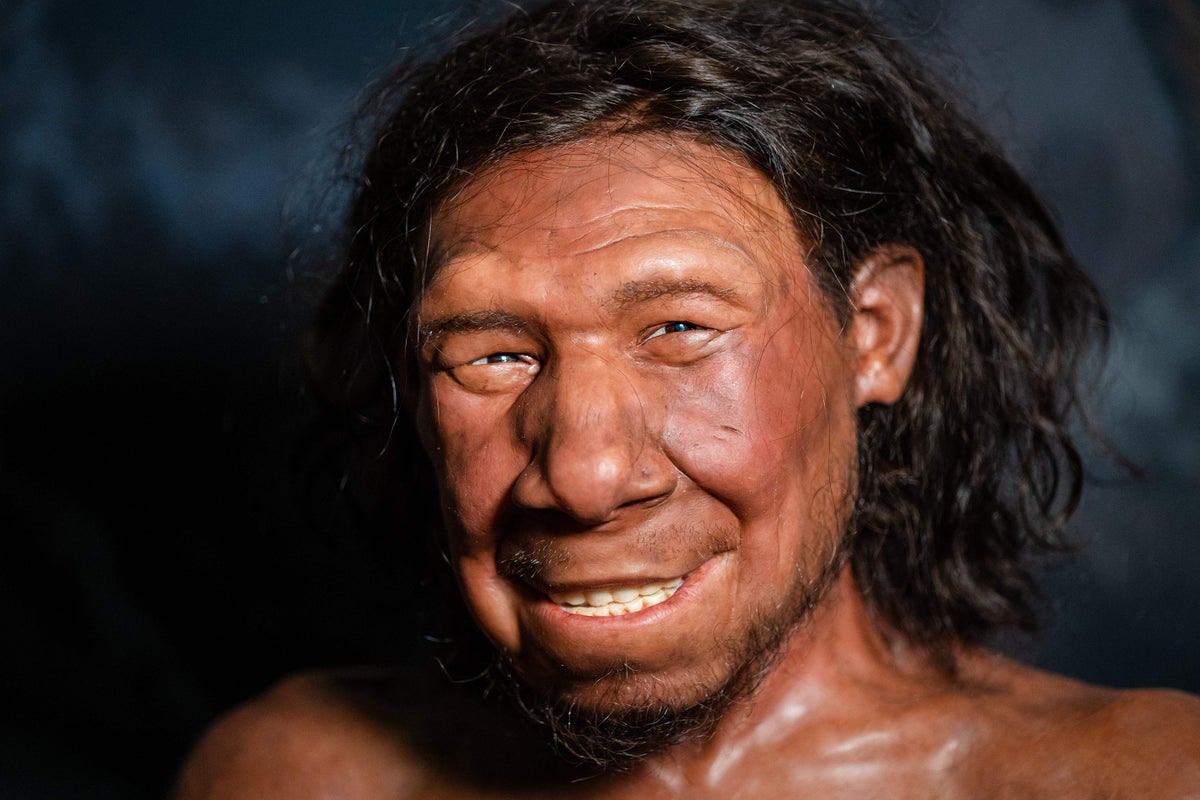
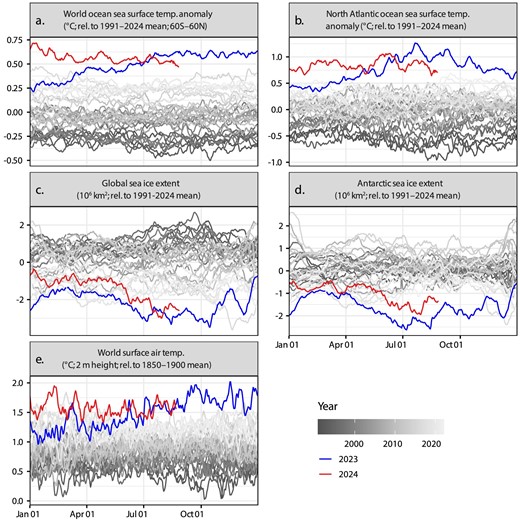


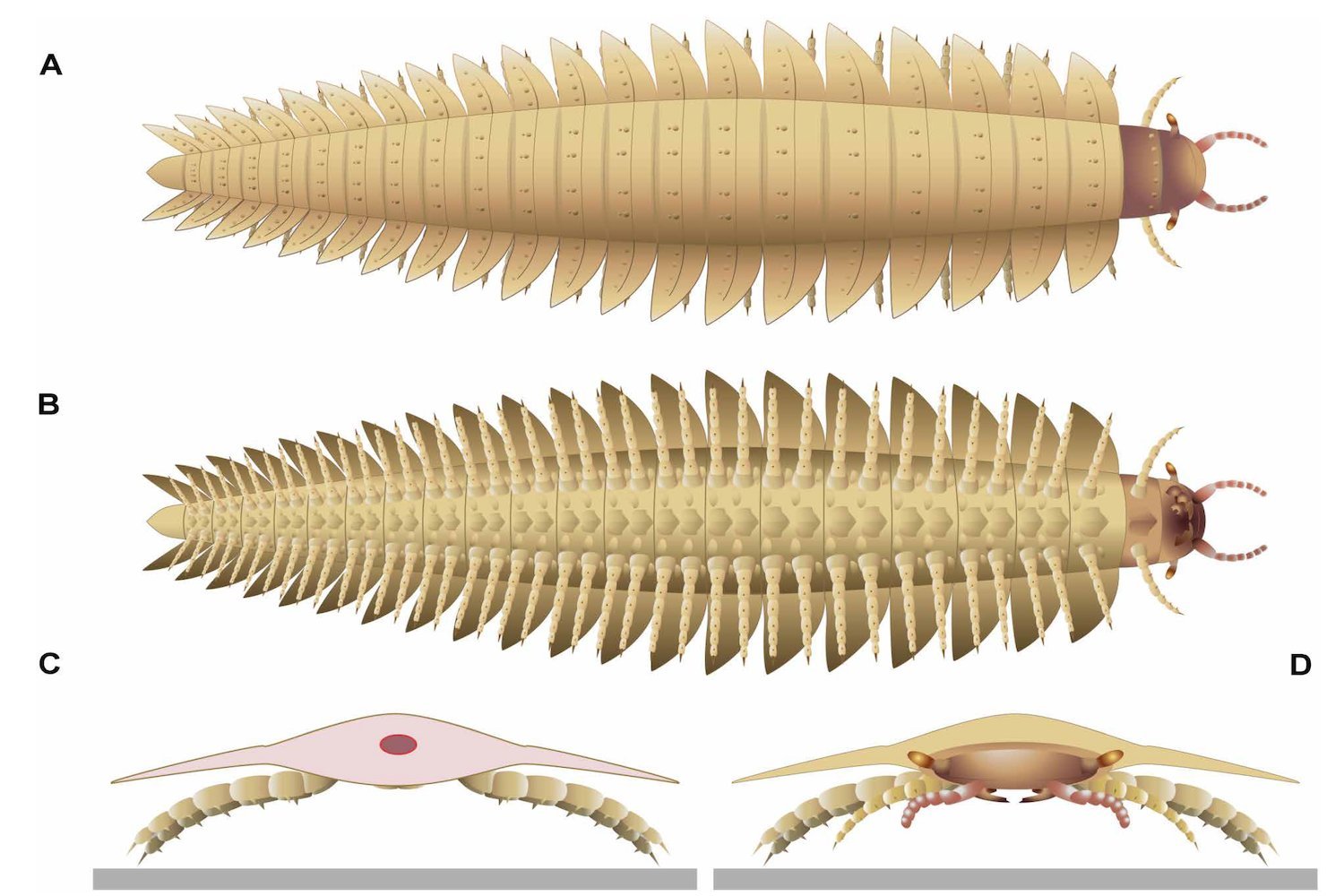


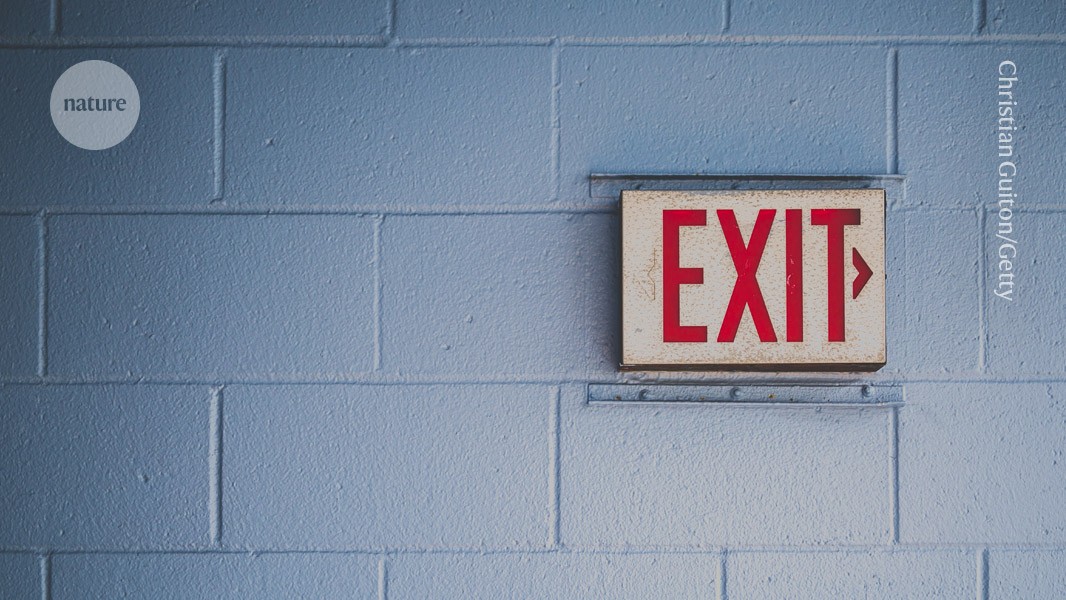


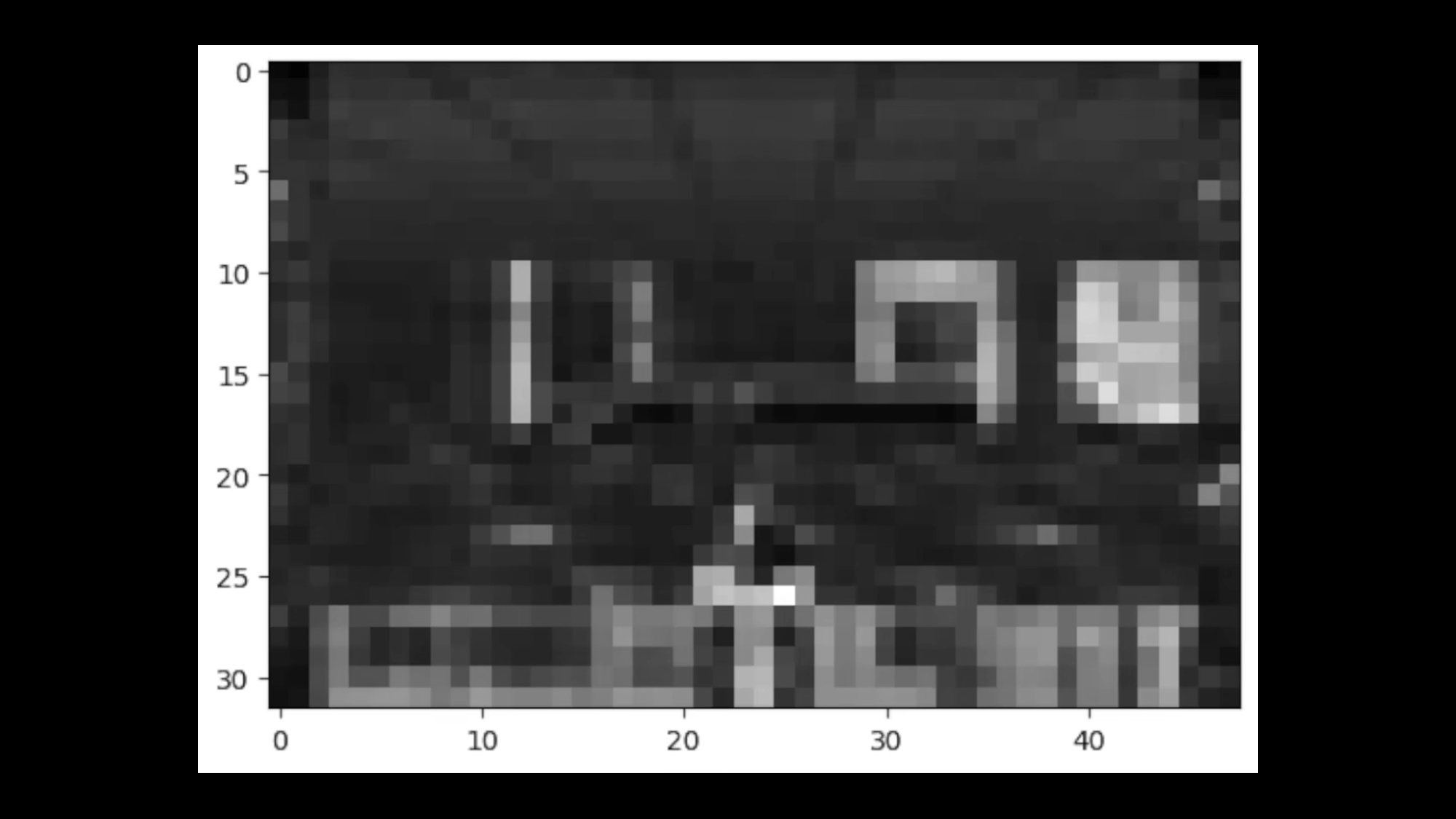


I got a small treadmill with a standing desk, and it works surprisingly well. I get good 3-4 hours walking in every day now.